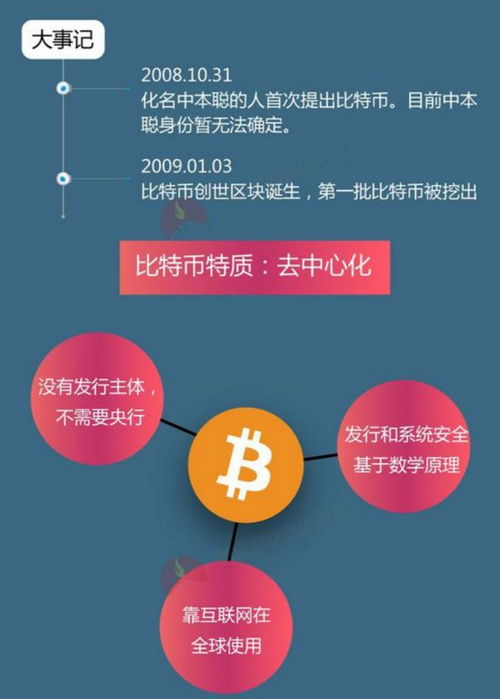Blockchain and Bitcoin are two interconnected concepts that have gained significant attention in recent years. While often used interchangeably, they are not the same thing. In this article, we will explore the basics of both blockchain and Bitcoin, their relationship, and their impact on various industries.
Blockchain is a decentralized ledger technology that allows multiple parties to have a transparent, secure, and tamperresistant record of transactions. It is essentially a chain of blocks, where each block contains a list of transactions. This chain is distributed across multiple computers, or nodes, making it highly resistant to manipulation.
Blockchain operates through consensus mechanisms such as proof of work (PoW) or proof of stake (PoS), which ensure that all participants agree on the validity of transactions. Once a block is added to the chain, it becomes nearly impossible to alter or remove, providing a high level of trust and immutability.
Bitcoin, on the other hand, is a digital cryptocurrency that operates on a blockchain. It was the first successful implementation of blockchain technology, introduced by an anonymous person or group known as Satoshi Nakamoto in 2008.
Bitcoin was created as an alternative to traditional centralized financial systems, aiming to provide a peertopeer electronic cash system. It allows users to transact directly without the need for intermediaries such as banks or payment processors. Bitcoin transactions are recorded on the blockchain, ensuring transparency and security.
Bitcoin relies on blockchain technology to operate. Every Bitcoin transaction is added to the blockchain, creating a permanent and transparent record. However, blockchain technology has applications beyond Bitcoin and has been adopted by various industries, including finance, supply chain, healthcare, and more.
The financial sector has been one of the earliest adopters of blockchain technology. Blockchain enables faster, cheaper, and more secure crossborder transactions, reducing the need for intermediaries and increasing transparency. It also has the potential to revolutionize areas like remittances, digital identity, and smart contracts.

Blockchain can bring transparency and traceability to supply chains, ensuring the authenticity of products and reducing fraud. It allows every participant to track and verify the movement of goods, preventing counterfeit products and ensuring ethical sourcing.
Blockchain can enhance the security and privacy of healthcare data, enabling secure sharing and access to medical records. It can also improve drug traceability, streamline insurance claims, and facilitate research collaborations.
Blockchain has the potential to transform the way governments operate by providing transparent and efficient systems for voting, identity management, land registry, and public finance management.
Blockchain and Bitcoin are powerful technologies that have the potential to reshape various industries. While Bitcoin introduced blockchain to the world, the technology itself holds immense value beyond cryptocurrencies. As blockchain continues to evolve, it is essential for businesses, governments, and individuals to understand its potential and explore its applications.
文章已关闭评论!
2024-11-26 07:38:34
2024-11-26 07:37:25
2024-11-26 07:36:01
2024-11-26 07:34:35
2024-11-26 07:33:07
2024-11-26 07:31:42
2024-11-26 07:30:26
2024-11-26 07:29:14